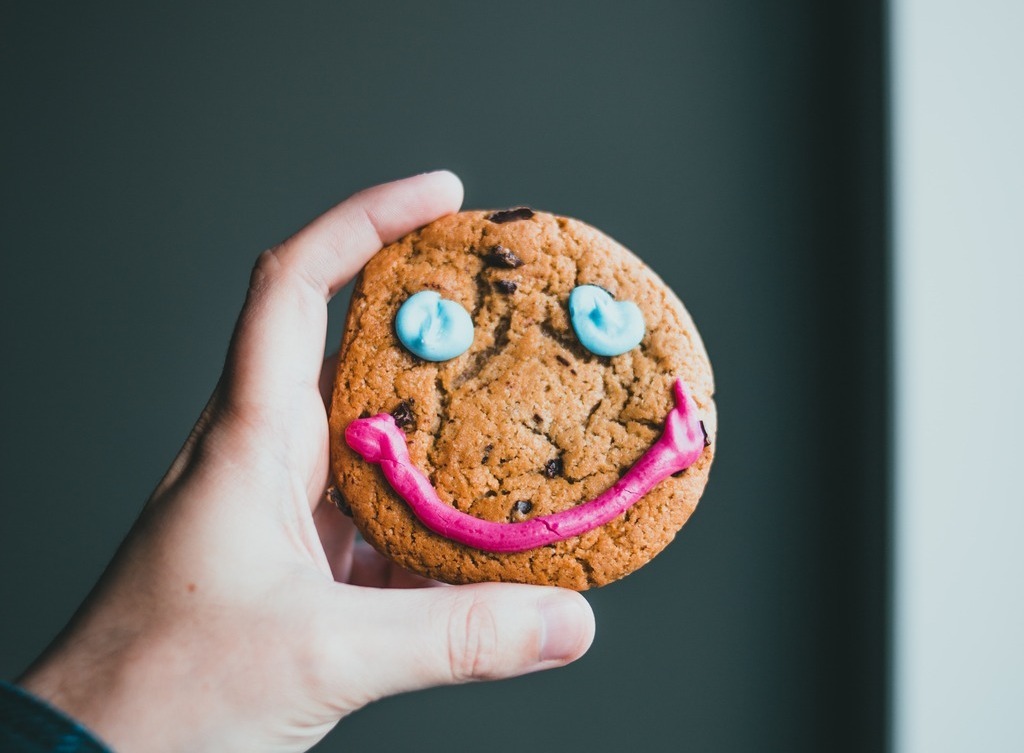Happiness is a tricky thing. Even when we do what we think will make us happy, we’re likely to find ourselves no better off.
The reason for that, data scientist Seth Stephens-Davidowitz says, is that our intuition tends to lead us astray. We expect that happiness comes from activities like making a purchase, posting on social media, or gunning for a professional achievement. But while these things might give us a dopamine hit, they don’t usually result in a durable increase in life satisfaction. 😐
So what does? Here’s what Stephens-Davidowitz and others have to say.
Seek experiences with others
Stephens-Davidowitz, working with a dataset from the UK called the Mappiness Project, suggests that social activities are the No. 1 driver of happiness.
At the absolute top of the list are romantic relationships, with socializing and spending time with friends also serving as key happiness boosters. 😆
And, the data shows, there are many other experiences that lead people to become happier: from visiting museums 🖼 to gardening 🌺 to spending time in nature 🌤. To really maximize the impact of these activities, do them with others.
Book more trips
What’s not to like about vacationing? Travel takes us outside the day-to-day grind, exposing us to new people, places, and foods.
But, contrary to what you might think, you get a bigger happiness boost from planning a trip 🖌 than actually taking one 🤯.
“Vacationers generally displayed greater pre-trip happiness than non-vacationers … [while] post-trip happiness did not differ between vacationers and non-vacationers,” a team of Dutch researchers wrote in 2010.
How you can take advantage of this phenomenon: Do more pre-trip research to lean in to those feelings of anticipation. Or plan to go on more short trips every year instead of one big one.
Shorten your commute
In study after study, commute time has been shown to correlate negatively to life satisfaction. That is, the longer your commute, the less satisfied you are likely to be with life overall.
When we spend lots of time commuting, we experience more time pressure (i.e., more stress) in other areas of life. The net result: If you eliminate an hourlong commute, you get the same happiness bump ⬆️ as doubling your income 🤑.
Short of moving closer to work or working from home more frequently, consider changing how you commute. Walking and biking 🚴♂️💨 have been shown to be much more happiness-inducing than driving or carpooling.
Practice gratitude
We talk about gratitude a lot on the illumy blog, and with good reason. It’s a quick, easy, and free way to get more life satisfaction.
Spending just a few minutes a day listing the things you’re grateful for improves your mood. And if you include other people in your expressions of gratitude, the effects really last. 🕒
In one study, conducted at UC-Berkeley, writing gratitude letters led to lasting positive impacts on the writers’ mental health four and even 12 weeks later. A different study using MRI machines had a similar outcome — showing that writing gratitude letters influenced people’s brain activity 🧠 and behavior 👯♀️ three months after the fact.
In other words, practicing gratitude can rewire your brain to make you more receptive to gratitude in the future. It’s a happiness tactic that’s self-reinforcing.
Photo by Erik Mclean on Unsplash.


